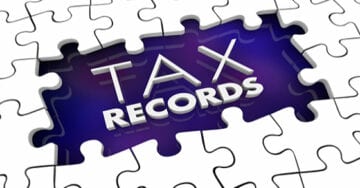The subject of payroll has been top-of-mind for business owners this year. The COVID-19 pandemic triggered economic changes that caused considerable fluctuations in the size of many companies’ workforces. Employees have been laid off, furloughed and, in some cases, rehired. There has also been crisis relief for eligible businesses in the form of the Paycheck Protection Program and the payroll tax credit. Payroll recordkeeping was important in the “old normal,” but it’s even more important now as businesses continue to navigate their way through a slowly recovering economy and ongoing public health crisis.











